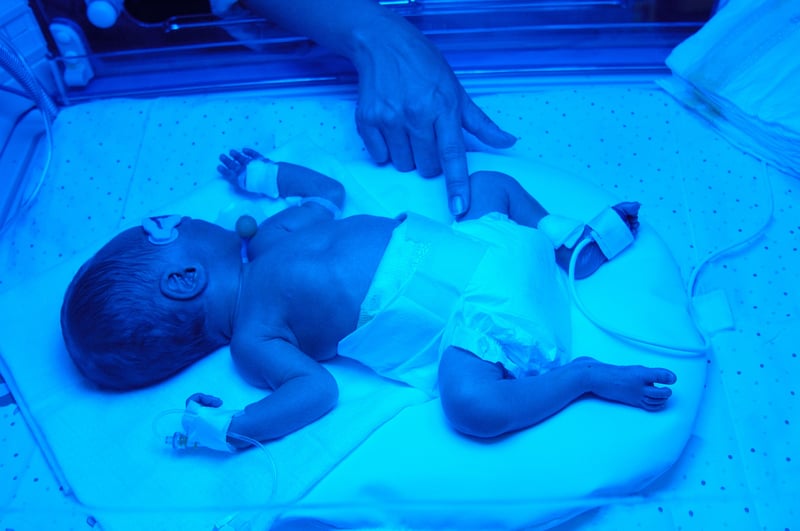Get Healthy!

- Cara Murez
- Posted September 19, 2023
Future of 'Artificial Wombs' for Human Preemies to Be Weighed by FDA Advisors
Advisors to the U.S. Food and Drug Administration will weigh the possibilities and parameters of experiments with artificial wombs for premature human babies.
Scientists have already had some success with the concept in animals.
During a two-day meeting that ends Wednesday, the Pediatric Advisory Committee will cover regulations and ethics around creating an artificial womb that would help very premature humans to survive, with time to continue to develop their lungs, gastrointestinal system and brain. The advisors will also consider what clinical trials for this would look like.
The purpose of an artificial womb would be to help the fraction of babies born before 28 weeks' gestation, which is less than 1% of infants. It could not be used from conception to birth, CNN reported.
Currently, only about 30% of infants born at 22 weeks survive, and 56% born at 23 weeks, according to research published in 2022.
An artificial womb would provide an infant with oxygen, nutrients and hormones while the baby finishes development of important organs that are typically completed late in pregnancy.
Among the lifelong health issues those born preterm can experience are developmental delays, cerebral palsy, breathing issues, vision and hearing problems, and troubles with the gastrointestinal (GI) system, CNN reported. Preterm infants who survive often spend an extended time in a neonatal intensive care unit (NICU), where they receive critical care but also face the risk of infection.
The two-day hearing will be open to the public on the first day but closed the second day while proprietary information is shared, CNN reported.
The advisors will consider what data is needed to show a successful trial in both animals and in humans. It will consider what ethical issues it needs to work through.
Scientists experimenting with artificial wombs for animals include those at the Children's Hospital of Philadelphia. In 2017, that group kept a developing lamb alive for 28 days in a sterilized bag filled with fluid.
During that time the lamb received amniotic fluid, medicine and oxygen through tubes connected to umbilical cord tissue and had positive growth in its lung, GI tract and brain development.
Those same scientists would like to test the device, called the Extra-uterine Environment for Newborn Development (EXTEND) in humans, CNN reported.
Other trials have taken place at the University of Michigan, and in Japan, Australia and Canada. The scientists in Michigan tested an artificial placenta in which a lamb survived 16 days with positive development before transitioning to mechanical ventilation, CNN reported.
The trial in Japan and Australia involved incubating a lamb for a week. In Toronto, researchers used an artificial placenta with fetal pigs, which have a similar umbilical cord as humans. That trial saw issues with blood circulation and the heart, CNN reported.
Among the issues for the committee to discuss are what viability means, what extra safeguards are needed in a trial involving infants, and how to fairly assess the new technology and whether it's an advance over standard NICU care, CNN reported.
More information
The World Health Organization has more on preterm births.
SOURCE: CNN


